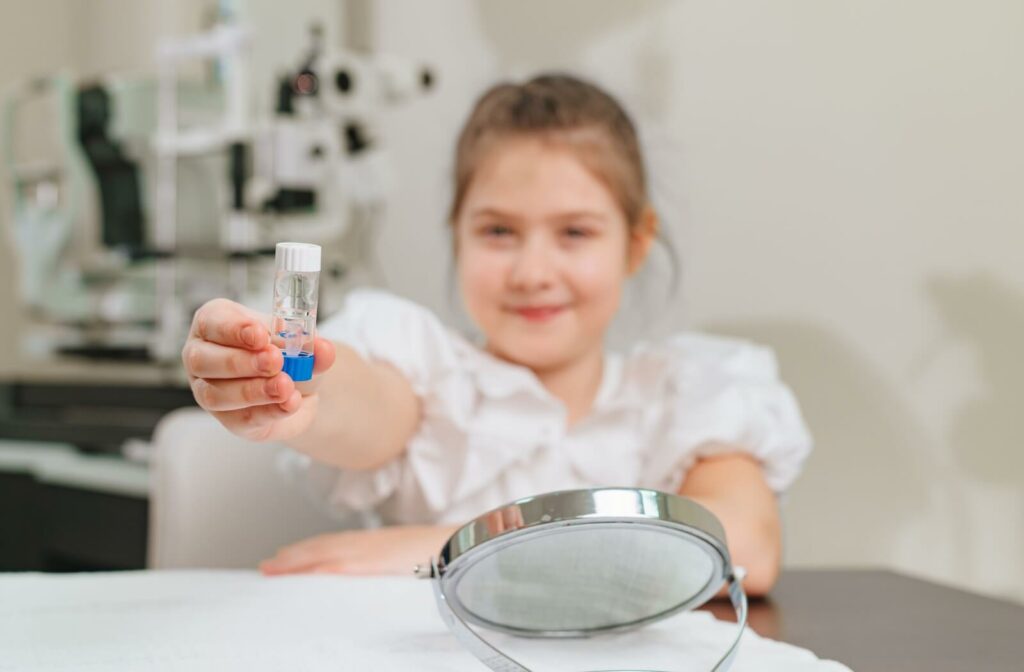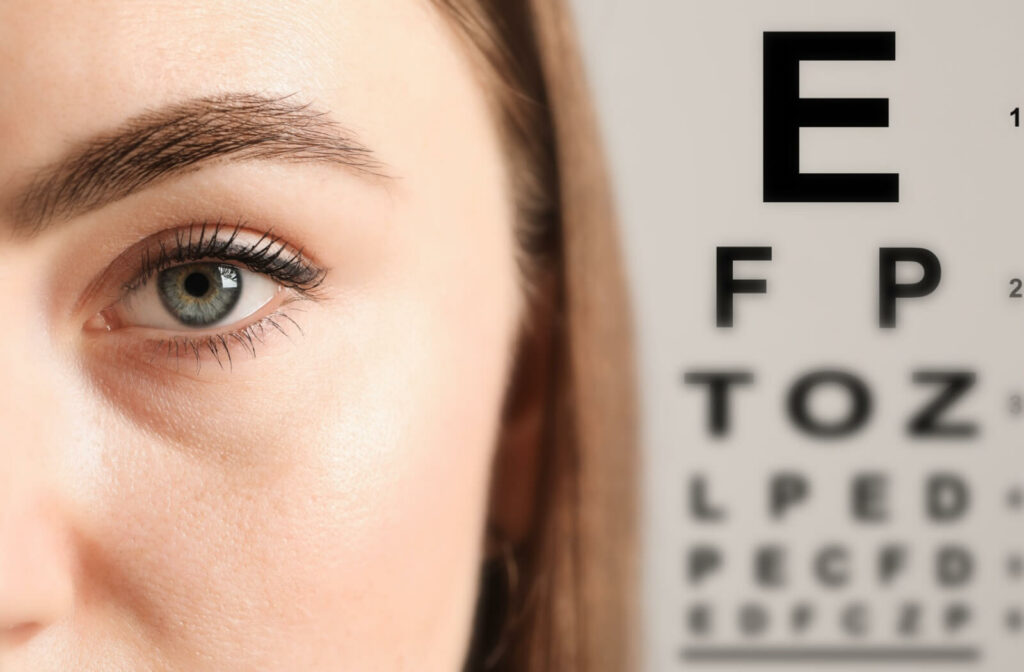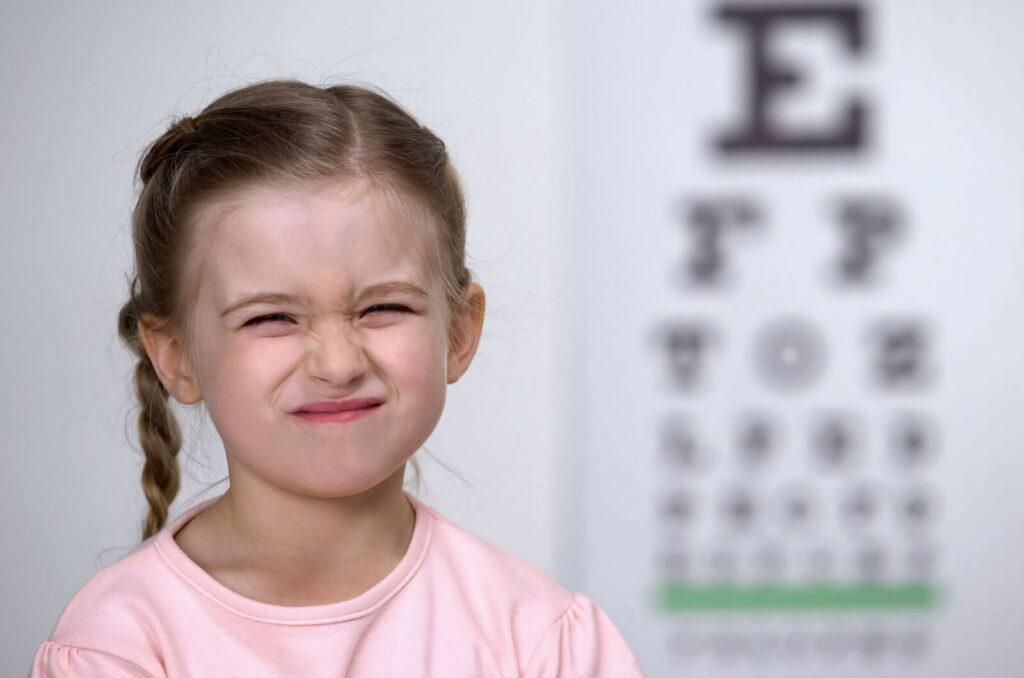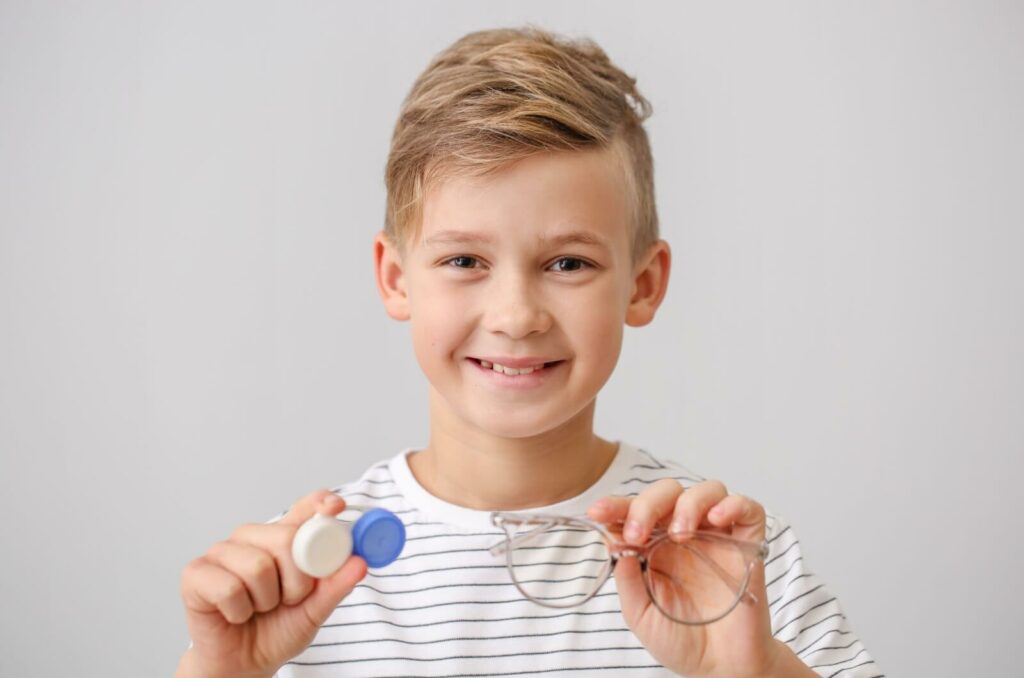Ortho-k lenses are specialty contact lenses worn overnight that gently reshape your cornea, so that you can wake up and experience clear vision during the day, offering you freedom from glasses or contact lenses. […]
What Are Ortho-K Lenses?



Ortho-k lenses are specialty contact lenses worn overnight that gently reshape your cornea, so that you can wake up and experience clear vision during the day, offering you freedom from glasses or contact lenses. […]

The main difference is that astigmatism causes blurry vision at all distances, whereas myopia (nearsightedness) makes objects in the distance appear blurry while close-up objects remain clear. […]

Blurry vision is a common problem for many children. If you’ve noticed your child squinting to see the chalkboard, or you find yourself holding books closer than usual, it could be myopia—a condition more commonly called “nearsightedness.” So can myopia be reversed? How can you help?
Myopia can’t naturally be reversed, but it can easily be treated with your optometrist’s help. Progression can be slowed, and lenses in the form of glasses or contacts can correct your child’s eyesight. Myopia control offers a way to preserve your child’s future vision by slowing the eye’s growth and limiting the intensity of the developing myopia. For adults, laser eye surgery does exist as a more permanent way to correct myopia. […]

Do you find it hard to see things that are far away? You might be one of the millions dealing with myopia, an increasingly common condition that we more often call nearsightedness.
Myopia allows you to see things up close, but makes distant objects look blurry. It can have a significant effect on your day-to-day life—whether you’re driving, watching a movie, or just trying to enjoy a beautiful view.
The good news? There are plenty of ways to correct myopia and get your vision back on track, like prescription glasses or contact lenses. Talking with an eye care professional can help you figure out the best option for your situation.
At Milton Vision & Sports Vision Training Centre, our optometrists are well-versed in correcting myopia. In particular, Dr. Curtis Akerman lectures nationally on myopia management and has performed myopia control for over 20 years, including fitting orthokeratology lenses and managing spectacle, soft contact lens and atropine patients. Your vision will be in good hands. […]